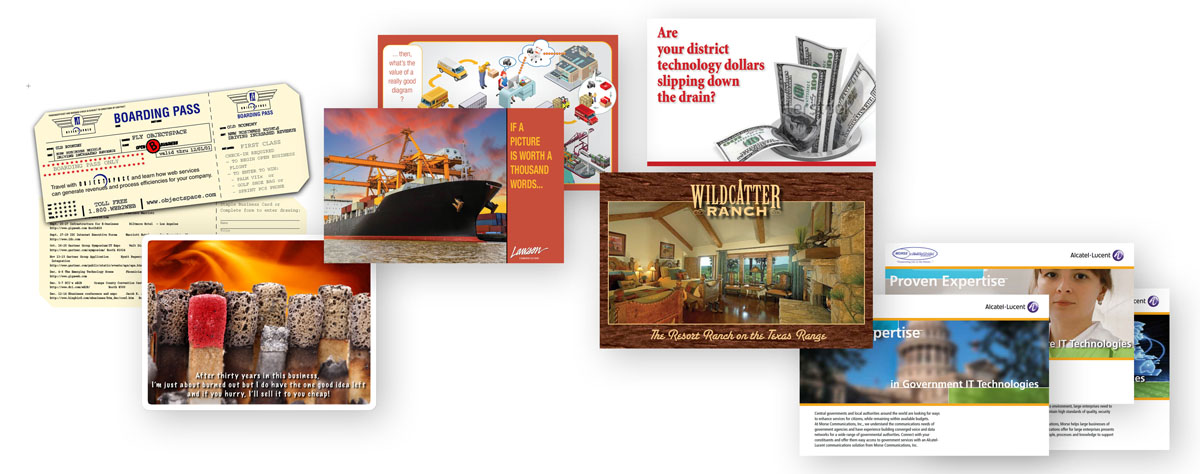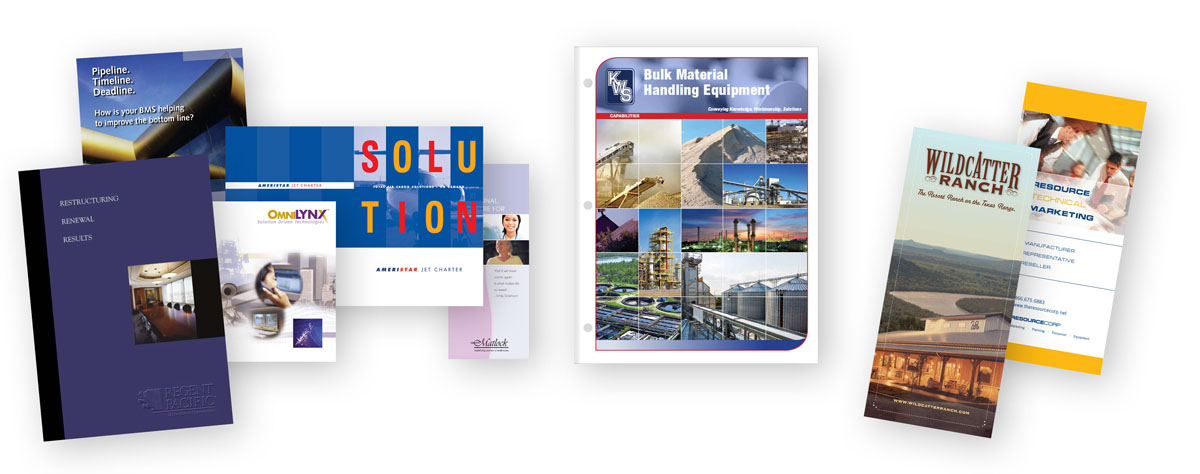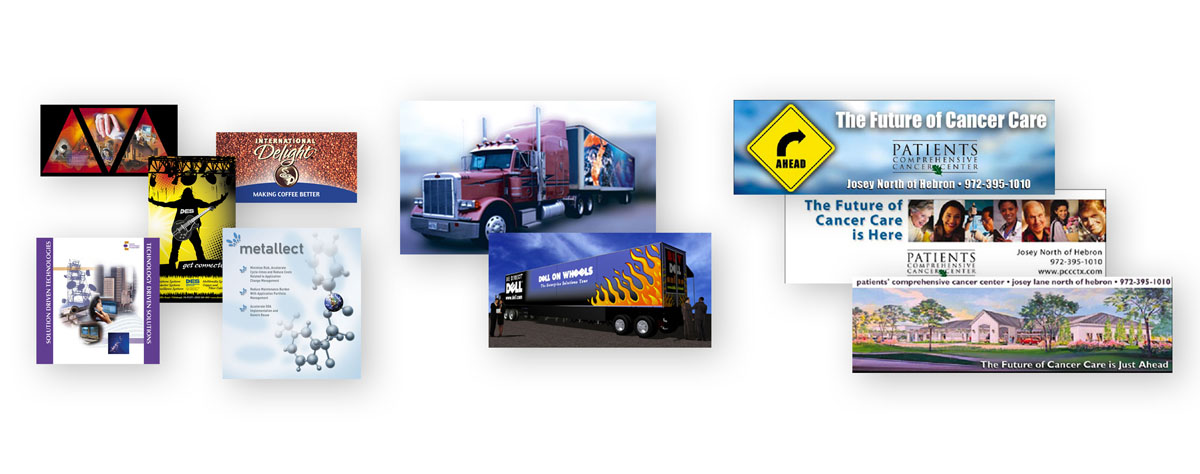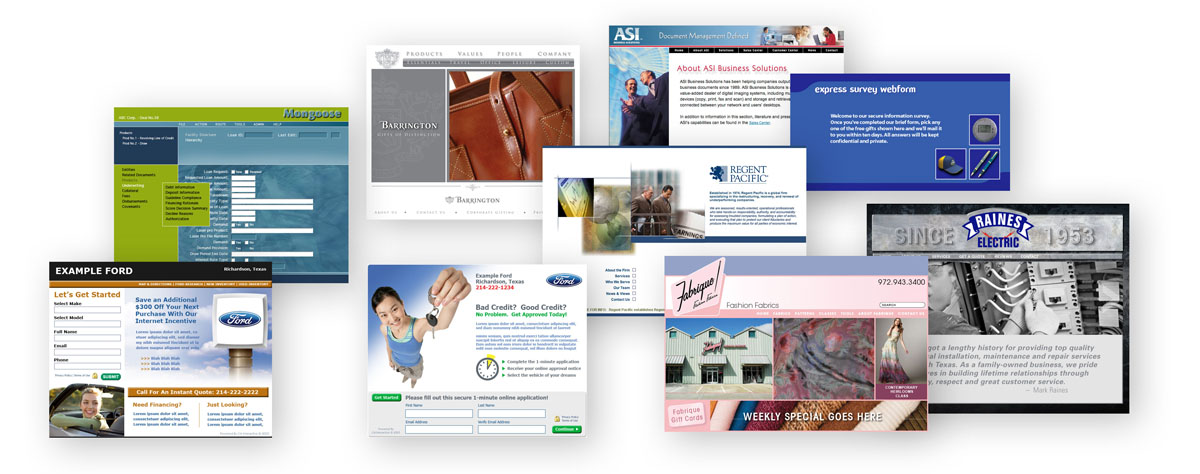On the Road Again

On The Road Again
not by Willie Nelson
So, I left Garland at 5:30AM on Friday, undertaking a drive to Nashville for my grandson’s 5:30PM birthday party. Normally, I can make the trip in 9 to 9.5 hours but since the irresponsible Arkansas Department of Transportation failed to maintain the I-40 bridge across the Mississippi, traffic is now diverted to a tiny 4-lane bridge and backups range from 45 minutes to three hours. We got lucky and only lost an hour of our lives (although, since there were two of us in the car, I suppose that would cumulate in a total loss of two life-hours).
But bitching about someone else’s irresponsibility is not my topic of concern. Knowing I’d be in the car for at least two extended forays between Dallas and Nashville, I started a new Audible book called “Socrates in the City”. It’s actually and audio presentation of several learned speakers who have presented at the impressive New York City “Socrates in the City” gathering based on Socrates’ proclamation that “the unexamined life is not worth living”.
The initial speaker was Sir John Polkinghorne, a distinguished quantum physicist (and close collaborator with Stephen Hawkings) who late in life, became an ordained priest in the Anglican Church and now teaches at Cambridge. Yeah, I know what you’re thinking – 1. I never heard of this guy and, 2. why would a highly recognized scientist give up the pursuit of “How” to spend his days searching for “Why”?
But Sir John Polkinghorne, astounding as he may be, is not what I’m writing about either, so you’ll have to listen to the “Socrates in the City” recordings to hear him for yourself. Incidentally, that audio presentation is free to Amazon Prime members.
The most thought-provoking presentation I heard was from Chuck Colson. Although he’s well educated and rose to dizzying heights in the federal government, his career ended in total disgrace so I was puzzled why he would be invited to speak to a crowd of New York City thinkers. Surprisingly, it didn’t take long for Mr. Colson to capture my attention and not much longer to capture my imagination. Following is a very abbreviated and occasionally paraphrased version of his thoughts:
Chuck Colson, 5/24/06 – “The paradox of life is that it never turns out to be what we expect. I sought power and prestige through government service, culminating in an office next to the most powerful man on Earth, only to end up in Federal prison with my career in shambles and my reputation forfeited. I was public enemy number one and I’d lost everything I’d ever worked for. The most dominant thing about prison was the pervasive sense of hopelessness and despair, not just for myself but for every prisoner. What I came to understand though was that suffering is the school of faith. If there is a sovereign Creator, then nothing is meaningless and some of life’s greatest lessons can be learned in the midst of crisis. Alexandr Solzhenitsyn, in Gulag Archipelago, said “Bless you prison, bless you. For lying there on the rotting straw, I came to realize that the object of life is not prosperity as we are made to believe but maturity of the soul.’ I can honestly now say, ‘Thank God for Watergate’ and I would argue that ‘maturity of the soul’ is manifest when other people become more important than ourselves. That’s the most counter-culture statement I’ll make tonight. We live in the midst of a society composed of 280 million “Imperial Selfs”. The reason we cannot get together on political or social questions and that we’re always yelling at each other is that every one of us consider ourselves to be ‘personally autonomous’. That is possibly the most bankrupt worldview in history.”
So, what could all these words of a disgraced crook have to do with Garland MasterMind – how we live our lives and how we pursue our careers? Everything. If the primary thing we’re seeking is happiness, or “personal peace and prosperity” as Francis Schaeffer would put it, then nearly every unexpected encounter is a threat. If, however, we determine to derive our personal value and satisfaction from elevating those around us, what can hold us back? Moreover, if we begin to model this behavior and to replicate it in our workplaces, we might well find ourselves at the forefront of a business and cultural revolution.
“Without the leaders building the tribe, a culture of mediocrity will prevail. Without an inspired tribe, leaders are impotent.”
― Dave Logan, “Tribal Leadership”











